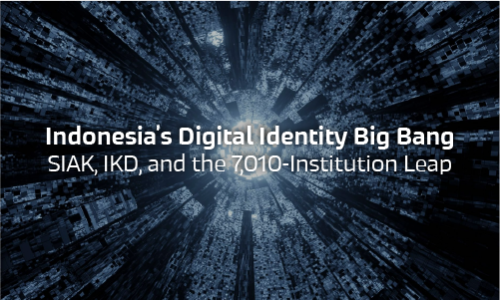
Summary: This paper reconceptualizes Sharia compliance as a strategic source of value in Indonesia’s banking industry, particularly within mobile channels, rather than a narrow legal obligation. Anchored in established adoption frameworks (Technology Acceptance Model and Theory of Planned Behavior), the study positions perceived usefulness, perceived ease of use, subjective norm, attitude, and perceived behavioral control as primary antecedents of intention and usage, with Sharia compliance operating upstream as an assurance mechanism that builds trust and strengthens attitudes. The article translates principles into practice by specifying product, process, and governance requirements, appropriate contract design, active Sharia supervisory oversight, recurring audits, transparent cleansing of non-halal income, and in-app explainability (e.g., contract tooltips, zakat/waqf journeys). It proposes a Sharia Governance Index to benchmark institutional capability and aligns this with a concise KPI cockpit (activation, engagement, retention, reliability, trust, Islamic-feature adoption, and unit economics) to monitor impact. The resulting practitioner playbook highlights how values alignment and low-friction user experience jointly drive acquisition, stickiness, and fee-based growth. The contribution is a managerially actionable framework that links faith-consistent assurance to measurable performance, offering banks a phased roadmap to convert Sharia compliance into durable competitive advantage in Indonesia’s digital finance landscape.
Introduction: From Obligation to Strategic Value
Sharia compliance has evolved from a narrow legal
requirement into a strategic source of value in Indonesia’s banking sector,
especially within mobile channels. Rather than functioning solely as doctrinal
conformity, it now operates as a coherent system of governance and product
design that strengthens customer trust, sustains usage, and differentiates
brands. Framed through established adoption theories, perceived usefulness,
perceived ease of use, subjective norm, attitude, and perceived behavioral
control, this article positions Sharia compliance as a precursor to trust that,
in turn, elevates intention and continued use. The discussion translates
principles into actionable practice by outlining how contracts, oversight,
audits, and transparent disclosures can be embedded in user experiences and
measured through clear performance indicators. The result is a
practitioner-oriented view of how values alignment, usability, and credible
assurance combine to drive growth in Islamic mobile banking.
Indonesia’s swift shift toward digital banking has made mobile applications the default venue for everyday finance, enabling transfers, payments, and balance inquiries without…














